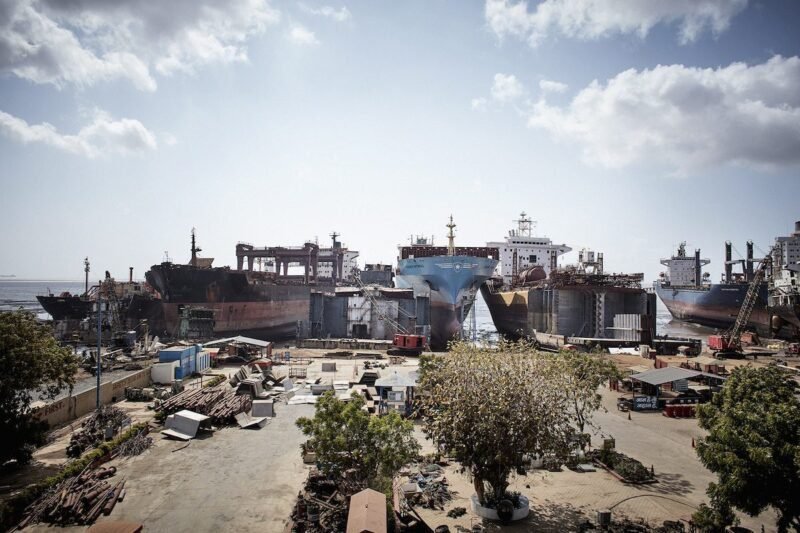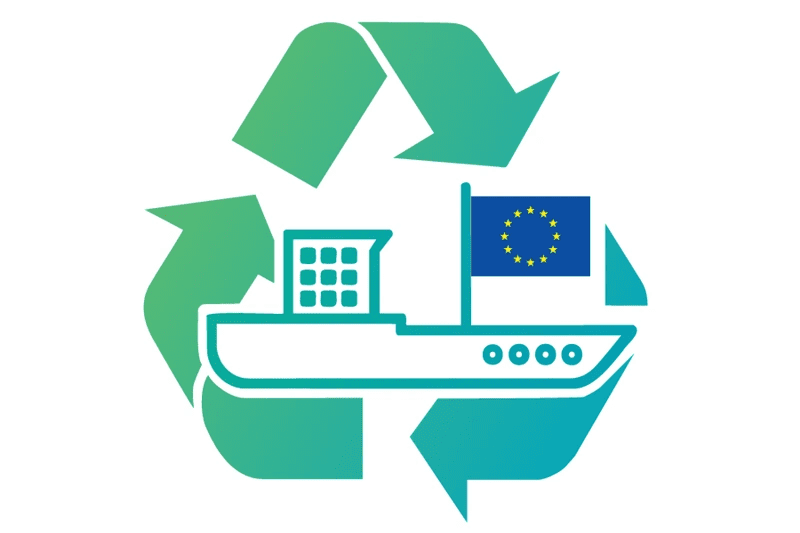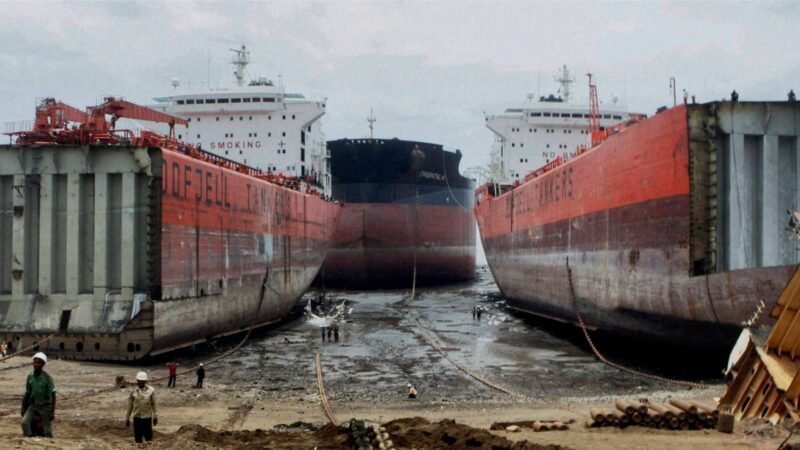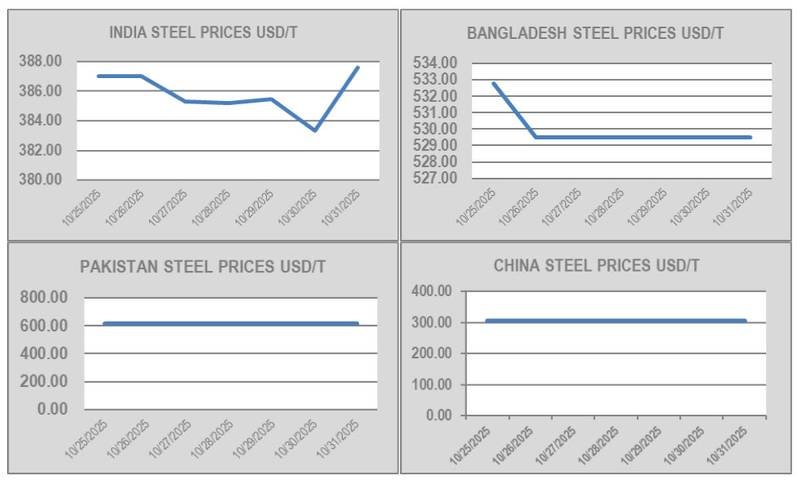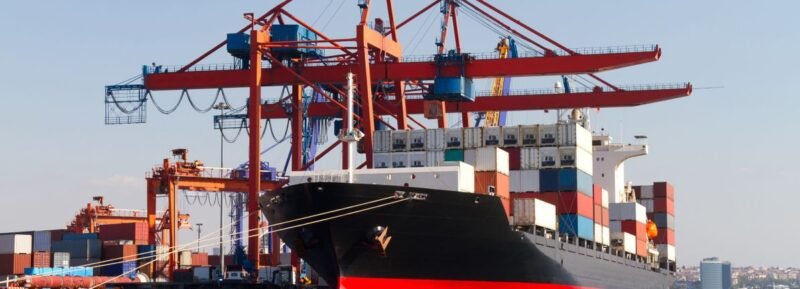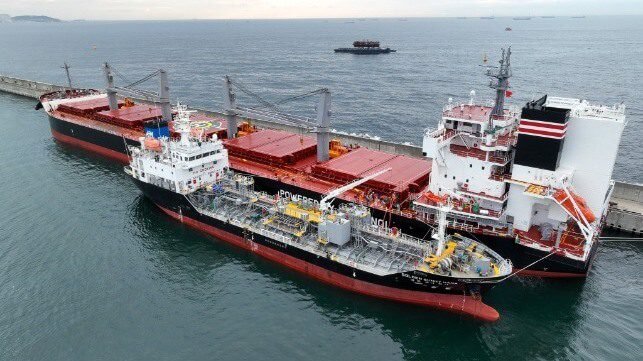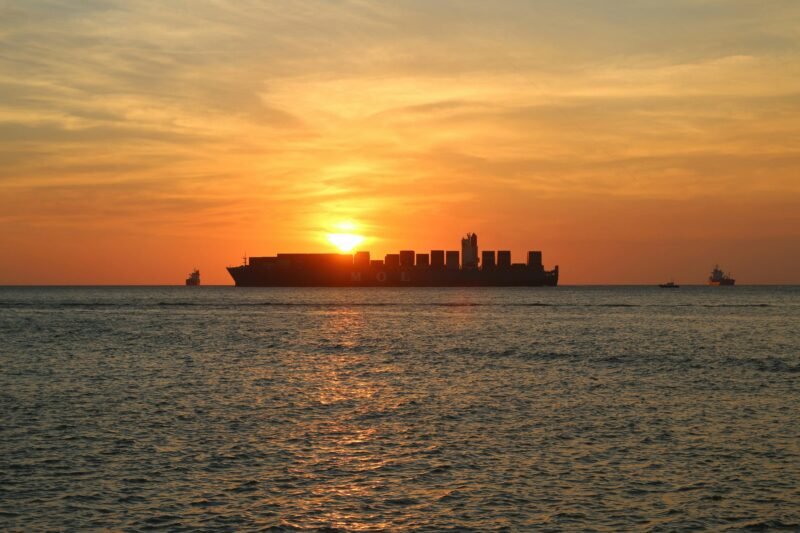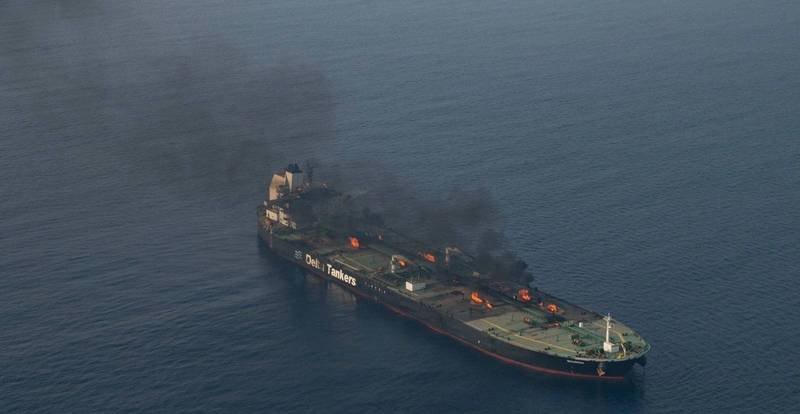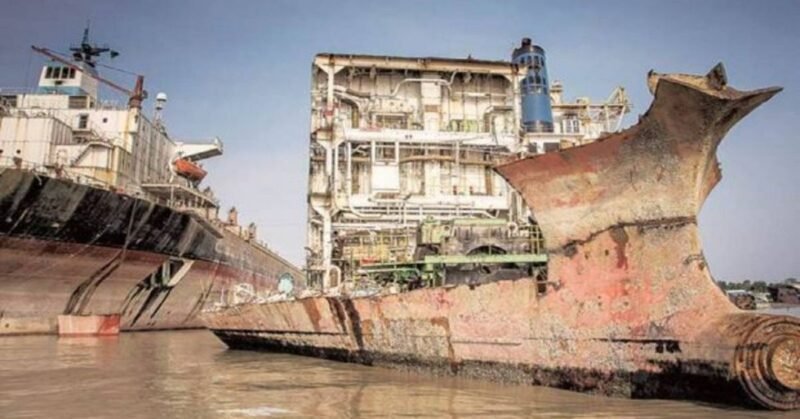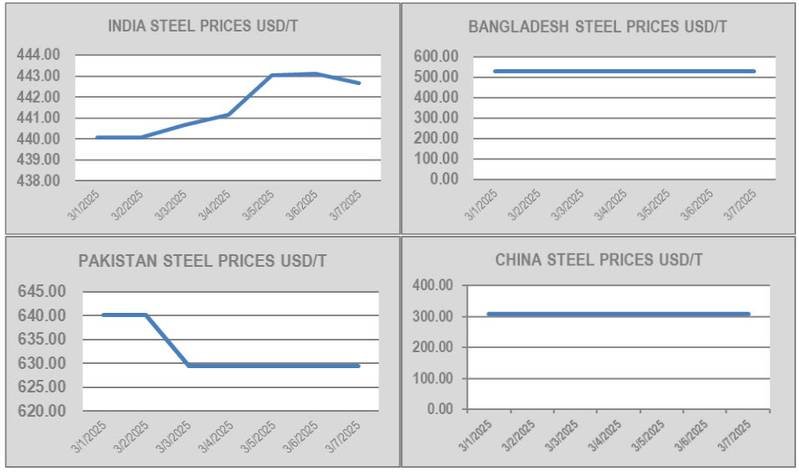Ship recycling has decreased significantly over the past two decades, with only two million deadweight tons (DWT) of ship capacity scrapped in the first quarter of 2024. This marks the ninth consecutive quarter in which the recycling rate has fallen below three million DWT, the lowest level since the 2008 financial crisis. In the last two years, only 0.1% of the fleet has been recycled, compared to an average of 0.45% over the last 20 years.
Market shocks, such as the security situation in the Red Sea, sanctions on Russian oil and coal exports, and changes in consumer behavior during the COVID pandemic, have all contributed to increased demand for ships, leading to lower recycling rates. Additionally, low backlogs in the tanker and bulk cargo sectors have also played a role in the decline in ship recycling. However, BIMCO predicts that ship recycling will rebound in the coming years.
BIMCO anticipates a resurgence in ship recycling due to record new container deliveries leading to oversupply in the market, potential recycling of container ships diverted due to the Red Sea situation, and an expected increase in tanker deliveries in 2025 and 2026. Despite the current lull in recycling, BIMCO expects more than twice as many ships to be recycled between 2023 and 2033 compared to the previous decade.


